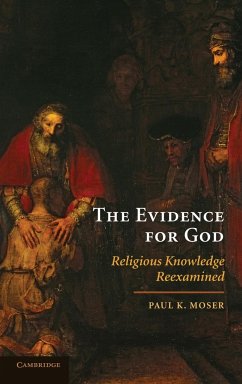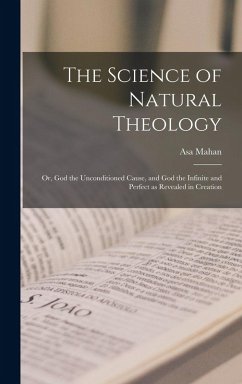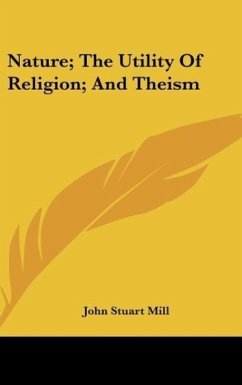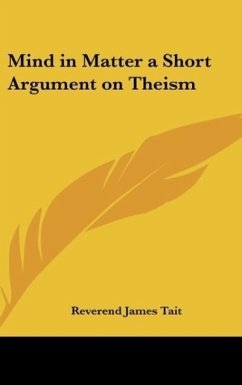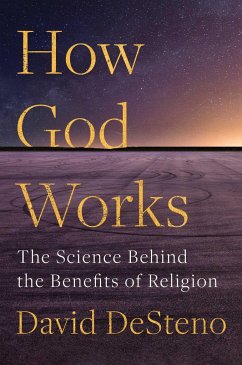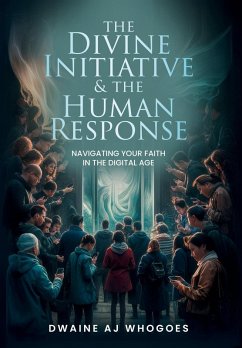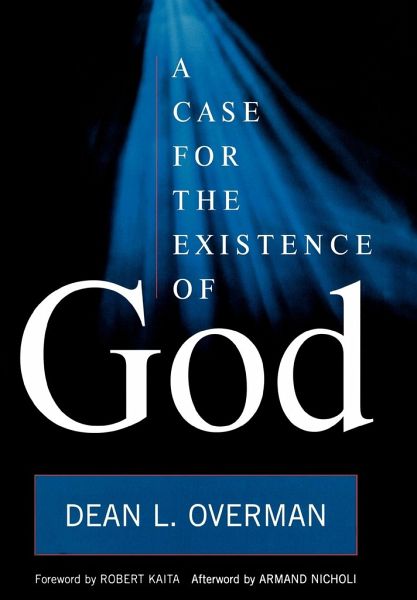
Case for the Existence of God

PAYBACK Punkte
13 °P sammeln!
A Case for the Existence of God explores fundamental questions about why our world exists and how it functions, using principles of logic, physics, and theology to show that a belief in God can explain more about our world than even the most sophisticated science. In a time when religion and science are often portrayed as diametrically opposed, Dean Overman presents a refreshing view of the interplay between science and religion and makes a compelling case for the existence of God and his role in our world.




